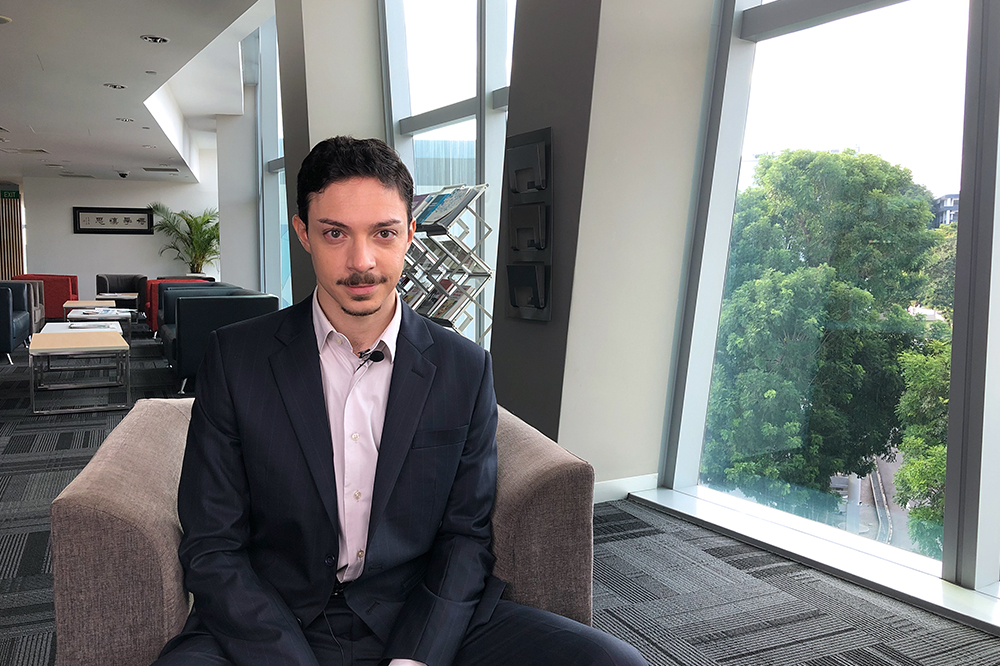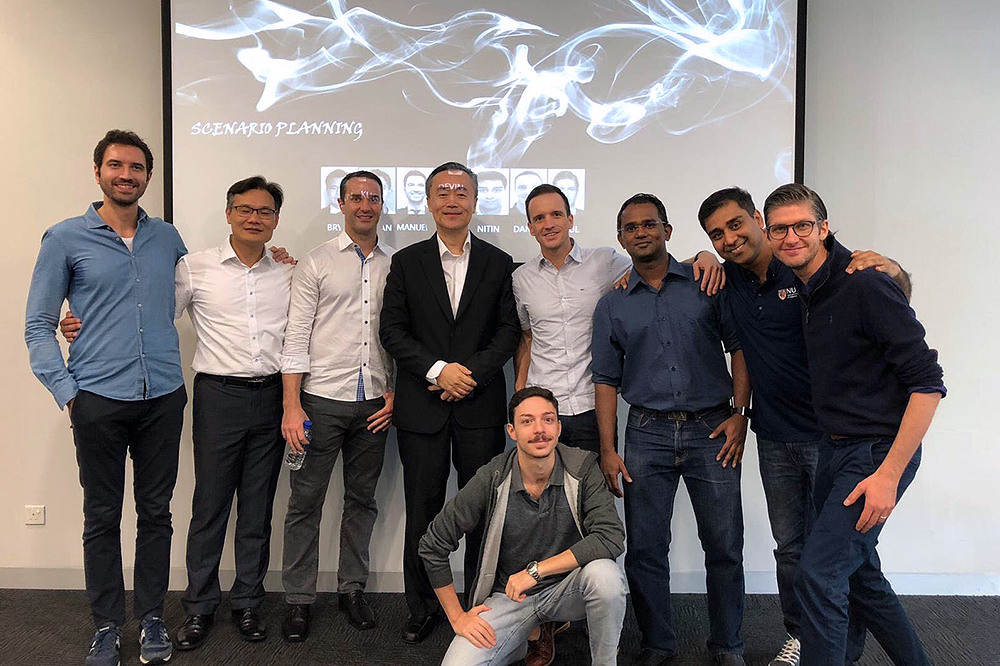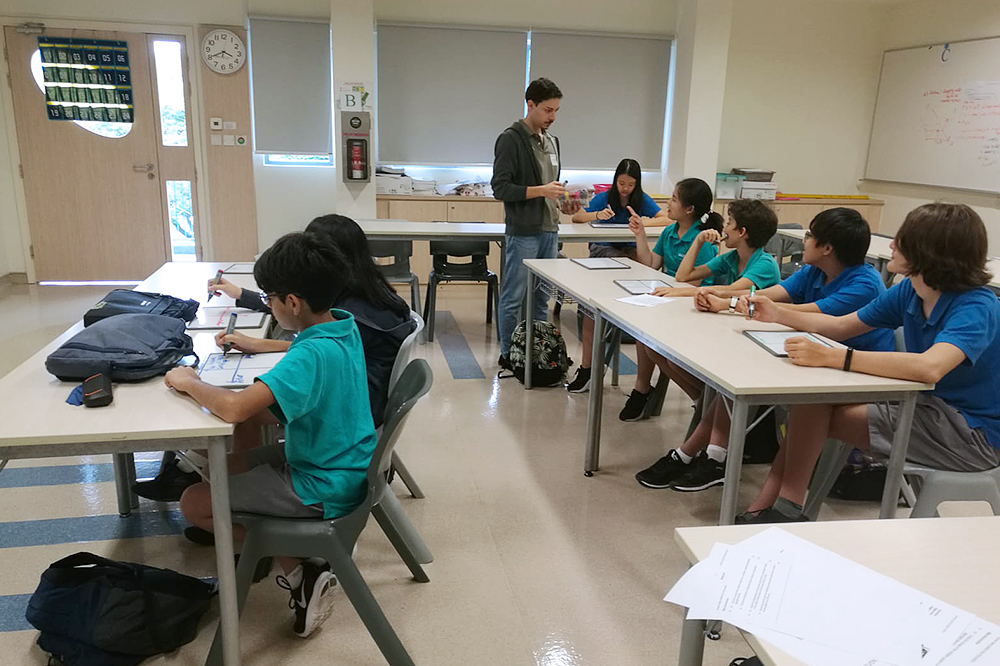What if you can look into the future and act now to give your company a competitive advantage? Alessandro Fergnani, a PhD candidate at NUS Business School, wants people to know more about corporate foresight. This field involves companies considering different types of long-term future scenarios, and redesigning practices now so that they stand in a strong position.
Alex is the head of scenario consulting at Shaping Tomorrow, a strategic foresight consulting firm. He has also given workshops to schools in many regions.
Outside-In speaks to Alex about his interest and work in this field.

PhD candidate Alessandro Fergnani wants to promote corporate foresight.
Q: What is foresight? How did you get interested in this field?
Foresight is a set of methods, or thinking tools so to speak, that can help us envision possible futures and be prepared for them. So it is not about prediction, rather it is about understanding what is possible.
I came to know and study foresight during my master’s programme at Tamkang University in Taipei, which I attended prior to joining NUS. Initially I was very intrigued by the subject because I felt most degrees nowadays cannot really equip students to think ahead. Later, I realised that foresight is really indispensable for everyone and decided to devote my career to it.
Q: What are the real-world applications of foresight?
It can be used by organisations and governments to understand possible future paths of the global economy or environment; by entrepreneurs to envision futures of technology and innovations; or even by individuals to project possible career paths. So it can really be applied in many contexts.

Alex (front, squatting) coached in a foresight workshop for an NUS Executive MBA class.
Q: We understand you were about to work with the University of Notre Dame and the Mayor of the City of South Bend, Indiana, in the United States, but plans changed following COVID-19. Can you share more about that?
I am currently a visiting associate of research and practice at the University of Notre Dame. I was going to use foresight to study possible futures of work, and conduct workshops involving local policymakers, including the mayor’s office. This study could help in forming policy guidelines for local grasstop leaders, such as former US presidential candidate Pete Buttigieg. Given the current situation, I will continue the study remotely from Singapore. An advantage of foresight is that we work with decision makers and communities from Day 1 and directly involve them in workshops, but in this project, the workshops had to be postponed.
Q: Tell us more about these workshops. You have been conducting them around the globe as well as in Singapore, including secondary schools. Can you share more about that?
I have been giving talks and workshops on foresight in several countries, including China, Israel, Malaysia, Thailand and USA. In Singapore, my work has been mainly about foresight executive education at NUS and other schools. Recently I’ve also given a foresight workshop to teenagers in a secondary school. It was a terrific experience as I found out that youngsters have a phenomenal talent to think about the future, and it seems that we lose this talent as we grow older, perhaps also because foresight is not much incentivised in schools. This led me to think that we should definitely promote foresight in schools from a very early age.

Alex giving a foresight workshop to the United World College of South East Asia in Singapore.
Q: What projects are you working on next?
This is the question that every researcher loves the most! Well, I have many projects: new foresight methods to test and refine, as well as a study on the futures of organisations using science fiction films as a data source. Perhaps most importantly, I’ve opened a new YouTube channel where I will regularly upload instructional material on foresight, share about the working life in a business school as a researcher and executive educator, and more!
Q: Other than research, what would you be doing normally?
I read lots of books, spend time with my girlfriend and go to the beach (these last two things often go together!). I like to cook too, I guess you can take the Italian out of Italy but not Italy out of the Italian. I also work out intensely, a great decompression from research! Stay healthy everyone!






